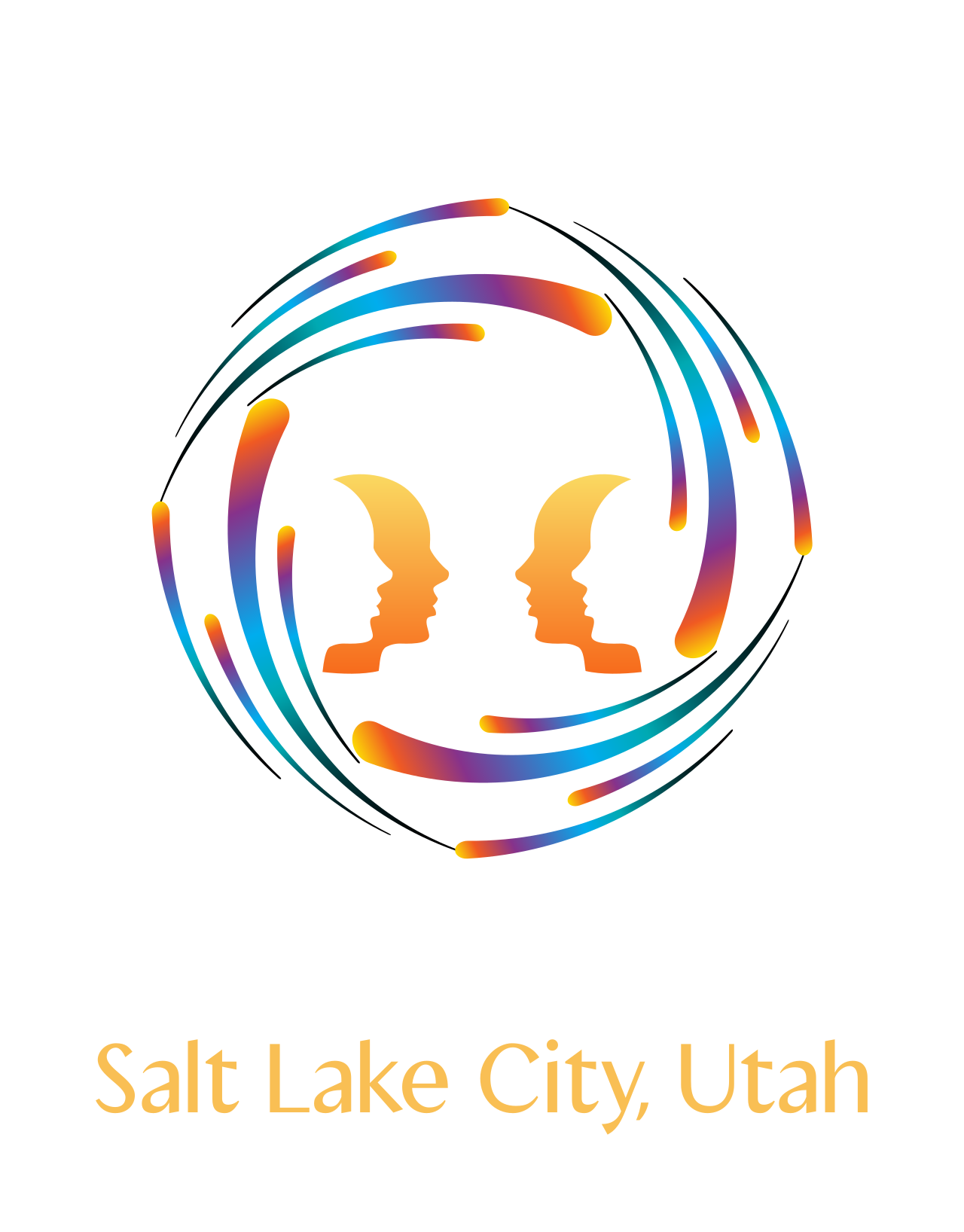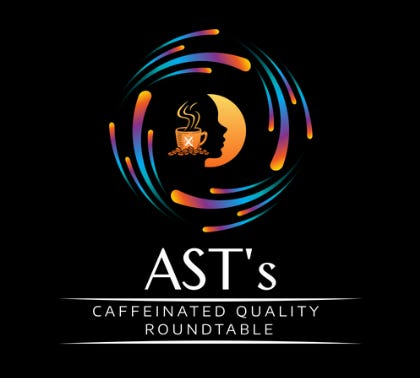Hype, Hope, and Hiccups: Where’s the Love for AI Testing Tools?
If you’ve been on any news outlet or professional platform recently you may have picked up on the fact that AI capabilities and their day to day evolution are on just about everyone’s radar.
It is the dawn of “The AI Agent” that promises, or maybe even threatens to replace us all as testers, developers and quality professionals. On paper, they promise to magically generate and automate tests, adapt to changing codebases, and catch defects that traditional (or as we like to call it, “human”) methods might miss; serving as a viable replacement for human testers all together. It’s starting to feel like a repeat of the “testing is dead” era of thought that has reared its ugly head every decade or so within quality communities.
In practice, the results have been… well… disappointing.
So much so, that testers and quality leaders across the globe are pushing back on these claims of AI glory on the regular, asking for nothing more than evidence and demonstrated success cases. We’ve all seen the marketing promises of these tools for the past decade plus, the big budget spending by corporations promised that these tools will improve their quality 1000% while cutting their staffing costs at the same time… and in so many cases they end up just sitting on the sideline as sunk costs… not being utilized and certainly not contributing to quality outcomes.
So much hype and promise for so many years, it begs the question… if these AI tools really are magical changing the way we test… who’s actually using them? Where are they adding the most value to testing teams? Are they really living up to their promises around efficiencies, accuracy and coverage? If so… why aren’t we all seeing it?
The Disappointing Reality of AI Testing Tools
Let’s get real for a moment… Those of us who are good at this whole testing thing absolutely love tools that help us do our jobs more efficiently and more effectively. We may come across as cynics but at our core, we “want to believe” (to quote early 90s Scifi phenomenon X-files) . We’ve just been burned… a lot.
The reality is, our experiences with these tools has been a bust for years and that continues even with the latest flavors of AI tooling.
While a few teams report faster release cycles and improved defect detection, most see inconsistent benefits, largely tied to the maturity of their overarching quality strategies, data and processes. They simply don’t have the foundations in place to make this tooling viable in their environments.
Many AI tools tout “intelligent” capabilities that may, in reality, boil down to simplistic pattern matching rather than true machine learning or advanced analytics and though small / scattered success stories exist (allegedly), comprehensive, data-backed reports showing a clear ROI remain scarce. Many companies initially buy into the hype, run small proofs-of-concept without fully committing, and then give up when their testing teams forget about the tool and go back to the testing methods they were doing before… and there are very good reasons for this…
The Technical Limitations of AI Tooling
Data Dependency & Bias
AI needs well-labeled, representative data to function optimally; something legacy systems or niche applications and associated test data lack in a lot of cases… especially in larger enterprises. Models trained on incomplete or biased data overlook critical edge cases or produce highly skewed results, undermining confidence in their findings.
Integration Complexities
Incorporating AI-based tools into existing CI/CD pipelines can be challenging, often requiring custom scripts or specialized team expertise that many teams and technologists are still building. Teams need to learn new workflows, manage data versions for model training, and adapt QA processes to the AI’s pace and outputs, adding to cognitive load that is already too much for most testers to effectively manage.
“Black Box” Algorithms
Debugging AI-driven decisions and results can stall progress as teams struggle to review test results and identify root cause. This makes the task of building confidence in both teams and stakeholders a hill that is often too steep to climb, especially in highly regulated environments where traceability becomes a much greater requirement.
Maintenance & Model Drift
As our code evolves, AI models must be retrained or re-calibrated, leading to extra overhead on teams to support, yet another technology within their toolsets. Worse yet, when AI’s assumptions drift from reality, testers might be misled by outdated or inaccurate models—potentially missing critical defects which then defeats the entire point of the tool.
Rapid Gains or Overblown Claims?
Despite all of this, Supporters continue to tout that AI-based platforms accelerate test creation, adapt to new code changes automatically, self-heal automation and uncover hidden defects that typical methods “might” miss.
Sooo in the spirit of “We Want to Believe”, we are formally inviting you, our global testing community to step forward with your personal AI Experiences - both successes and failures:
Success Stories: Data-driven proof of improved test coverage, accelerated feedback cycles, or earlier bug detection.
Hard Lessons: Details on integration woes, biases, or model drift that derailed a project or prompted a pivot in strategy.
Comparative Insights: A/B test comparisons showing how AI-driven processes stack up against traditional testing methods.
By pooling honest, firsthand accounts, we can determine where AI truly adds value—and where skepticism is still warranted. If you’ve integrated AI testing into your workflow or have an ongoing pilot, share your findings on our Slack channel or even in our substack chat, in upcoming Caffeinated Quality roundtables, or as an upcoming CAST 2025 speaking proposal. Let’s build a knowledge base that separates genuine innovation from overheated marketing—and helps all testers navigate this evolving frontier with confidence.
IMPORTANT CAST DATES
Feb. 28 (TODAY!!!) : Super Early Bird Registration (Members Only) ends and pricing will go up as we open registration open up to the general Public
Mar 1 - May 31: Early Bird Registration Opens to Public
NOW - Apr. 21: Open Call For Speakers
Apr. 30: Initial Selected Speaker Line Up Announcement
CAST 2025 KEYNOTE SPEAKERS ANNOUNCED!
Our CAST 2025 Keynote speakers have been announced and we are so stoked to have such an incredibly diverse and relevant line up for this year to tackle everything from Ethical AI to Automation Strategy and yes, even a good kick to the but around what it takes to grow yourself as a tester and build the career you want. Keep up to date and learn more about all of our invited speakers HERE!




THE CALL CONTINUES FOR CAST 2025 SPEAKERS
Are you ready to inspire the next generation of testers and quality professionals? Calls are still open for dynamic and passionate speakers to share their stories, innovations, and insights in software testing and quality related topics.
Whether you are a seasoned speaker or new to presenting, this is your opportunity to:
Showcase your expertise and build professional clout
Network with our amazing (and global) quality community including industry leading experts
Drive meaningful change in quality and testing practices and disciplines
*Deadline for Proposals: April 26th
CAST 2025 SPONSORSHIP
Whether it’s your employer, a trusted partner, or your go-to tool vendor, let them know about the benefits of sponsoring CAST.
Our aim has always been to keep CAST a practitioner-led conference where testers share real experiences and practical insights.
Sponsors have the valuable opportunity to connect with real quality practitioners and leaders and demo their latest offerings—without overshadowing the community spirit that makes CAST so special.
Have additional questions about CAST 2025?
Please email our convention chairs: cast@associationforsoftwaretesting.org
“Caffeinated Quality” Round Table Updates
We’ve held this round table twice now and the conversation gets better every time. We would love to have you join the conversation with us… it’s an awesome opportunity to connect with other testers from around the globe and talk about our favorite testing topics.
We’re even helping you prep for the discussion by providing the base topic to get us focused on specific areas and help tackle problems within a domain of thought or practice area. Check out the updated schedule and register for the next one in March where we’ll be tackling the topic In the Cyber Crosshairs: Testing for Security & Privacy.
Monthly AST Board Updates
CAREER DEVELOPMENT WORKGROUP
We’re still looking for volunteers interested in being a part of our Career Development Workgroup to help empower testers at every phase of their career…
We are driven by a clear and meaningful vision:
Help software testers become indispensable in their roles
Support out-of-work testers in finding opportunities
Guide testers through challenges they face in their day-today work
We’re hosting our kickoff meeting in March, and we’d love for you to be part of this exciting journey!
Interested?
Contact Bernie Berger at bernie@associationforsoftwaretesting.org to join us!




